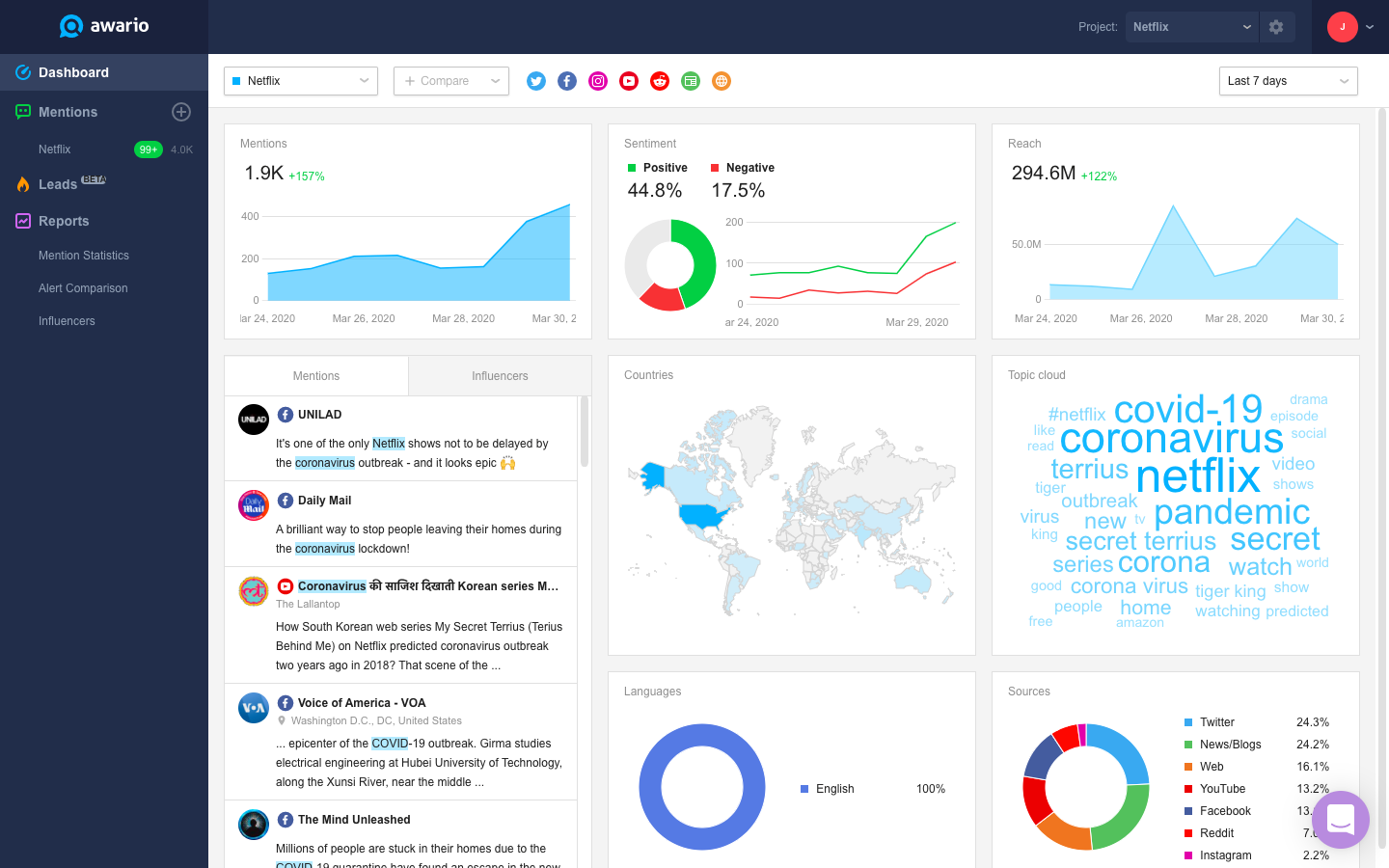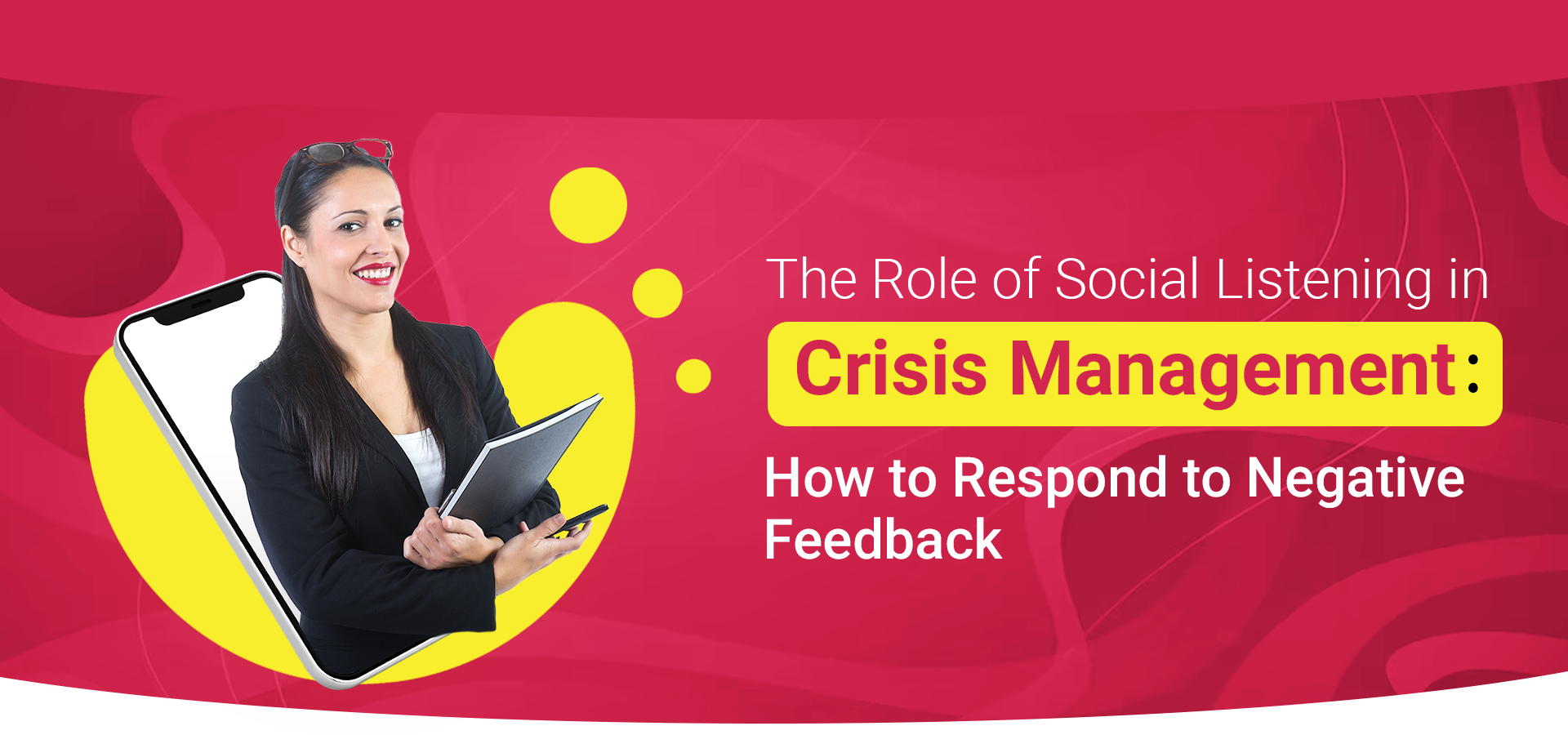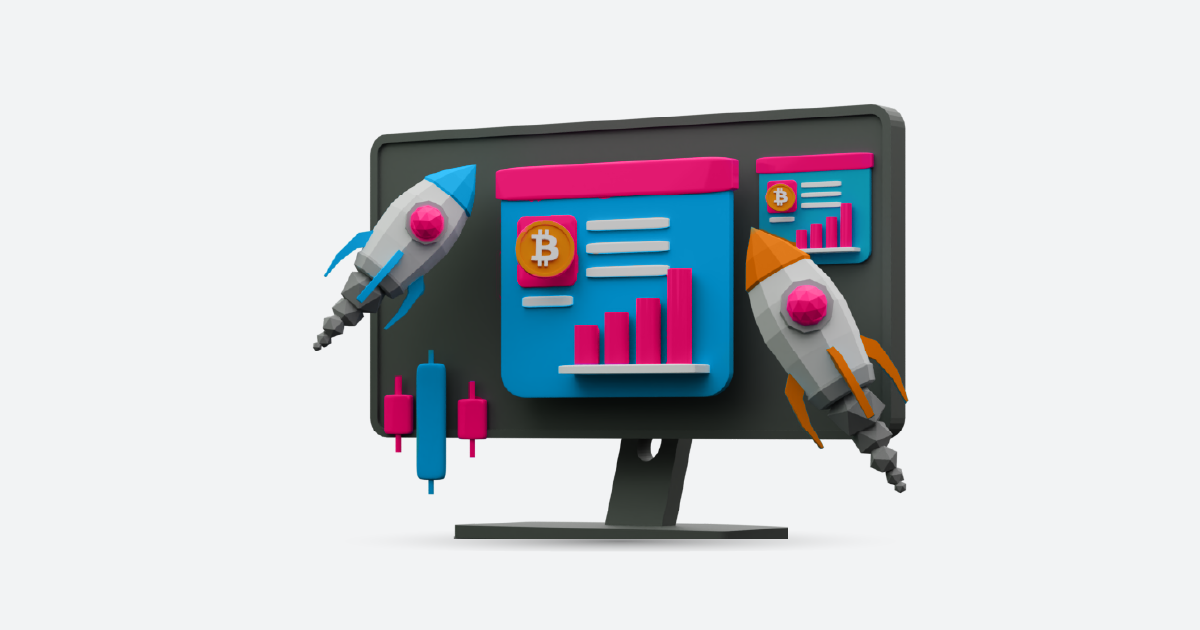In today’s digital age, where social media platforms have become an integral part of people’s lives, it is crucial for businesses and organizations to actively engage in social listening for crisis management. Social listening, also known as social media monitoring, refers to the process of tracking and analyzing online conversations, mentions, and comments about a brand, product, or industry. This practice allows businesses to gain valuable insights into public sentiment and emerging issues, making it an invaluable tool for managing crises effectively.
Social Listening for Crisis Management: Navigating Challenges and Safeguarding Reputation

Understanding Social Listening
Social listening goes beyond merely monitoring brand mentions; it involves analyzing customer feedback, identifying trends, and tracking competitors’ activities. By tapping into these vast amounts of user-generated content, businesses can proactively address potential crises before they escalate. Social listening provides real-time data, enabling brands to stay agile and responsive in times of crisis.
The Importance of Social Listening in Crisis Management
1. Identifying Potential Crises
Social listening helps identify potential issues and crises before they gain momentum. By monitoring conversations related to the brand and industry, companies can spot negative sentiments, rumors, or misinformation that might harm their reputation. Early detection allows brands to take swift action and prevent crises from spiraling out of control.
2. Real-Time Monitoring and Response
During a crisis, every second counts. Social listening tools provide real-time monitoring, allowing brands to track how the crisis unfolds, assess its impact, and respond promptly. This immediate response capability is vital in crisis management, as delays in addressing issues can lead to irreparable damage.
3. Gathering Customer Feedback and Sentiment Analysis
Social listening enables businesses to gather valuable customer feedback. Understanding customer sentiment and emotions surrounding a crisis helps brands empathize with their audience and tailor their responses accordingly. Positive engagement during a crisis can strengthen brand loyalty and trust.
Implementing Social Listening Strategies
To make the most of social listening for crisis management, businesses must adopt effective strategies.
1. Choosing the Right Social Listening Tools
Several social listening tools are available, and choosing the most suitable one depends on the organization’s needs and budget. These tools offer various features, such as sentiment analysis, trend tracking, and competitor analysis, which aid in crisis management.
2. Defining Relevant Keywords and Topics
To ensure social listening efforts are fruitful, businesses must define relevant keywords and topics to monitor. These keywords should encompass brand mentions, product names, industry-specific terms, and potential crisis-related keywords.
3. Setting up Alerts and Notifications
Real-time crisis management requires immediate notifications of potential issues. Brands should set up alerts and notifications to promptly address any emerging crises.
Leveraging Social Listening for Crisis Management
Social listening plays a vital role in effective crisis management.
1. Detecting Early Warning Signs
By continuously monitoring online conversations, brands can detect early warning signs of a potential crisis. Timely intervention can prevent minor issues from turning into full-blown disasters.
2. Assessing the Scale of a Crisis
Social listening provides insights into the scale and severity of a crisis. Understanding the impact allows organizations to allocate resources effectively and strategize a response plan.
3. Crafting an Appropriate Response
Different crises require varying responses. Social listening helps businesses understand public sentiment, allowing them to craft a well-tailored and appropriate response that resonates with their audience.
Case Studies of Successful Crisis Management with Social Listening
Several brands have effectively used social listening for crisis management.
Best Practices for Social Listening and Crisis Management
To maximize the benefits of social listening in crisis management, businesses should follow these best practices.
1. Regularly Monitor Social Media Channels
Consistent monitoring of social media platforms ensures that no crisis goes unnoticed. Staying informed in real time allows for timely intervention.
2. Engage with Customers and Respond Promptly
Engagement with customers during a crisis demonstrates a proactive approach. Responding promptly to queries and concerns helps build trust and credibility.
3. Collaborate with Different Departments
Crisis management requires collaboration among various departments within an organization. Social listening should involve stakeholders from PR, marketing, customer support, and senior management.
4. Learn from Past Crises
Past crises provide valuable insights into effective crisis management strategies. Learning from previous experiences helps organizations prepare better for future challenges.
Challenges and Limitations
Despite its many benefits, social listening has certain challenges and limitations.
1. Noise and Irrelevant Data
The vast amount of social media data can be overwhelming, with a mix of relevant and irrelevant information. Filtering out the noise and focusing on actionable insights is critical.
2. Language and Cultural Barriers
Social listening across different languages and cultures can be challenging. Language nuances and cultural context must be considered to accurately interpret sentiment.
3. Privacy Concerns
Social listening raises privacy concerns, as it involves monitoring individuals’ public conversations. Organizations must handle data responsibly and transparently to maintain customer trust.
Conclusion
In conclusion, social listening is an indispensable tool for effective crisis management in today’s digital landscape. By actively engaging in social listening practices, businesses can detect potential crises, respond promptly, and protect their brand reputation. Embracing social listening as part of your crisis management strategy can make a significant difference in how your organization handles challenging situations.
If you want to experience the power of social listening firsthand and discover how AIM Technologies can help your business thrive during crises, we invite you to request a demo now. Take the first step towards proactive crisis management and get in touch with us today for a personalized demonstration of our cutting-edge social listening solutions.
FAQs
What is social listening, and why is it important for crisis management?
- Social listening is the process of monitoring and analyzing online conversations to gain insights into public sentiment and emerging issues. It is essential for crisis management as it helps identify potential crises, enables real-time monitoring and response, and provides valuable customer feedback.
How can businesses implement social listening strategies effectively?
- Businesses can implement social listening strategies effectively by choosing the right tools, defining relevant keywords, and setting up alerts for immediate notifications. Regular monitoring and prompt engagement with customers are also crucial.
What role does social listening play in crafting an appropriate crisis response?
- Social listening helps businesses understand public sentiment during a crisis, enabling them to craft a well-tailored and appropriate response that resonates with their audience.
What are some challenges associated with social listening for crisis management?
- Challenges include dealing with noise and irrelevant data, navigating language and cultural barriers, and addressing privacy concerns related to monitoring public conversations.




